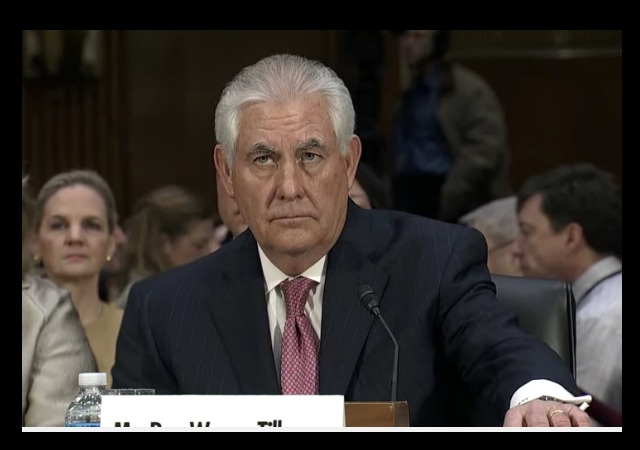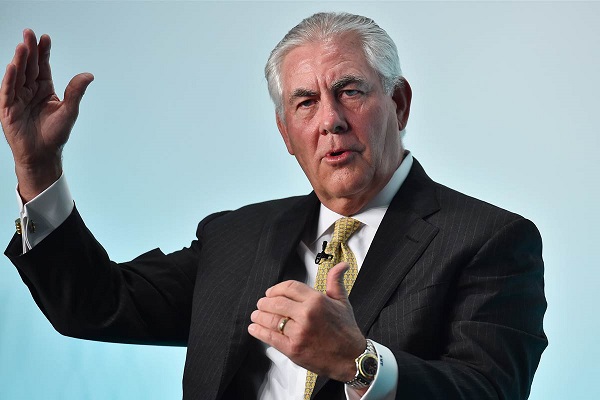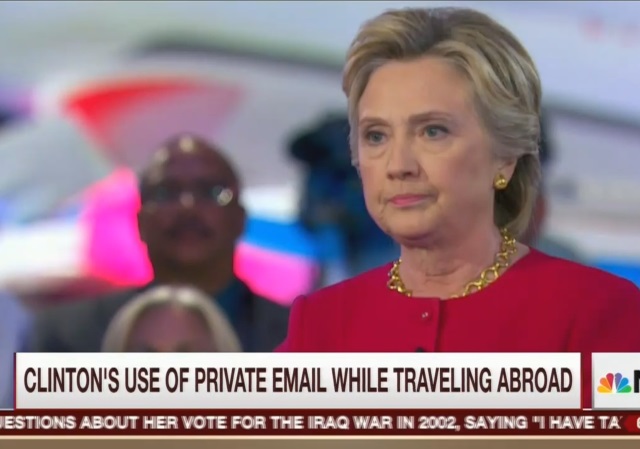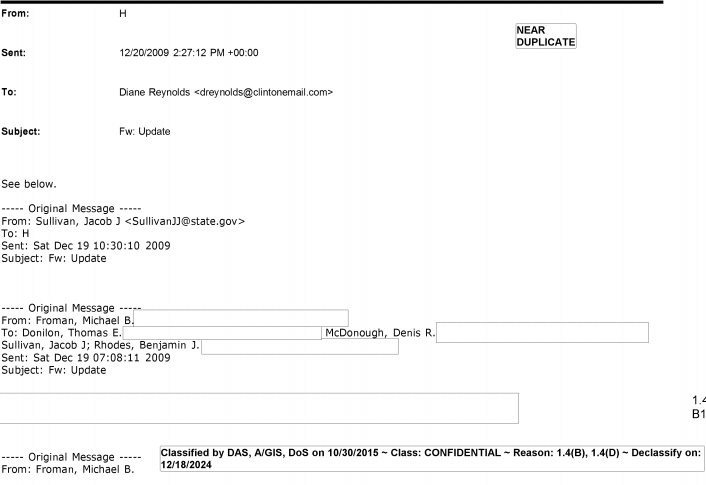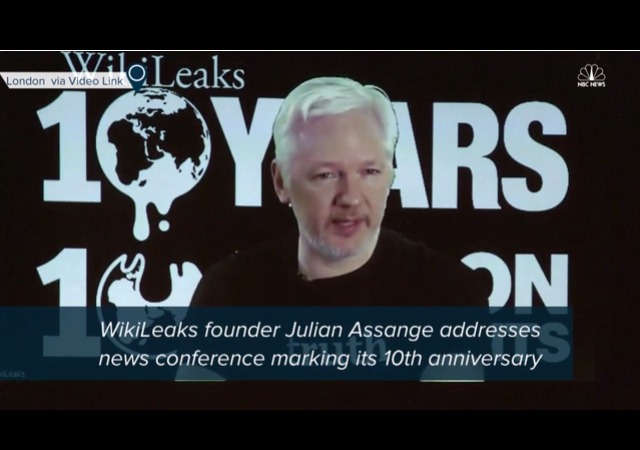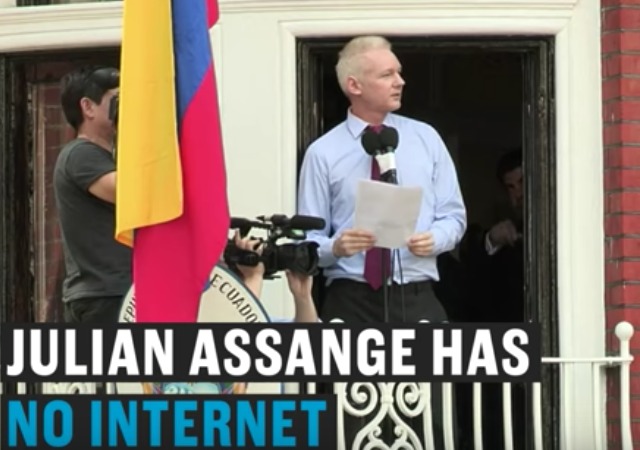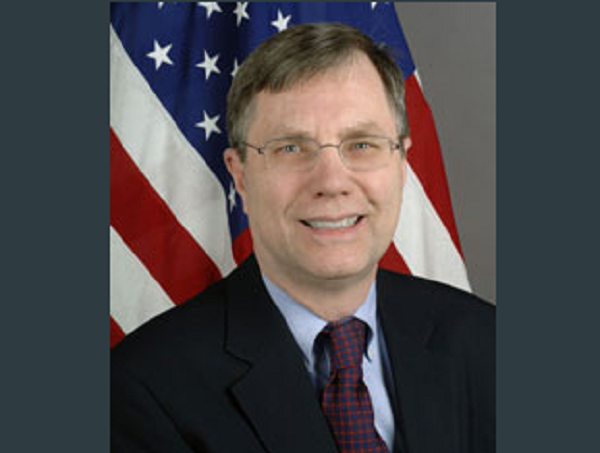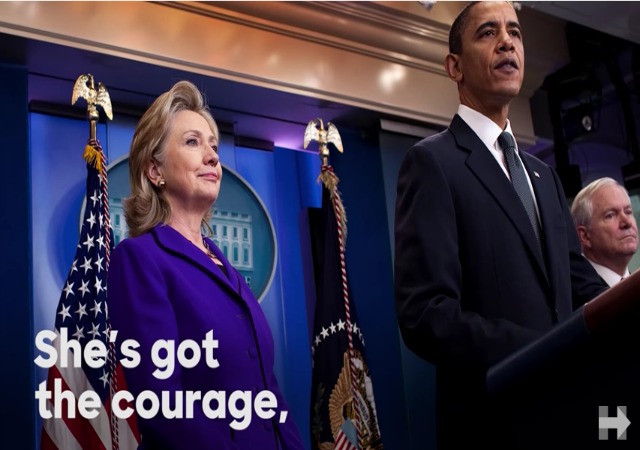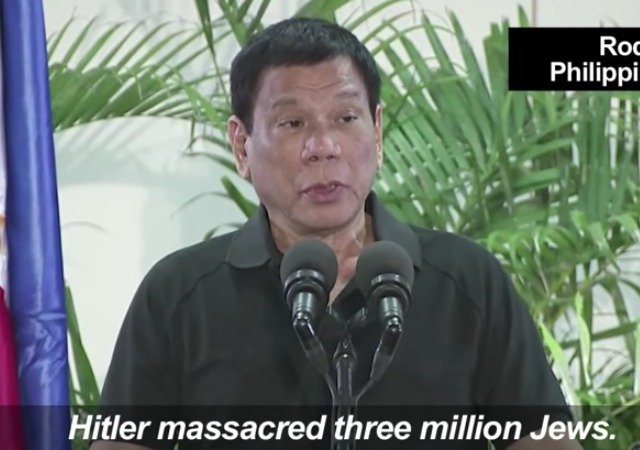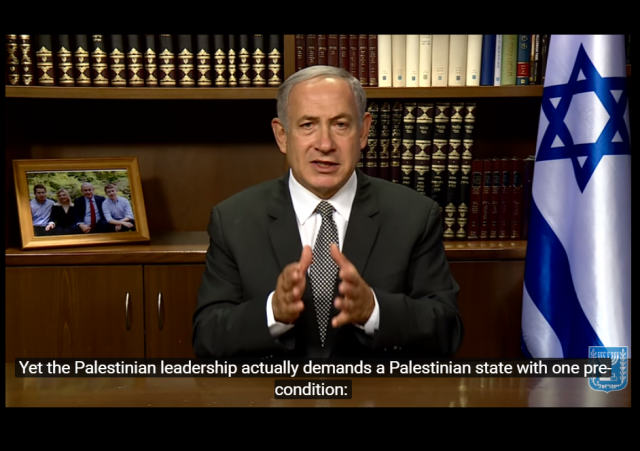WATCH LIVE: Rex Tillerson Senate Confirmation Hearing
on January 11, 2017
16 Comments
Former CEO ExxonMobil Rex Tillerson, President-elect Donald Trump's choice for Secretary of State, will face the Senate Foreign Relations Committee today for his confirmation hearing.
You can expect him to face questions about Russia since ExxonMobil has agreed to numerous deals with Russian state companies to drill in the Arctic. Questions will also include topics like climate change and human rights. You can watch the confirmation with us as I live blog.

